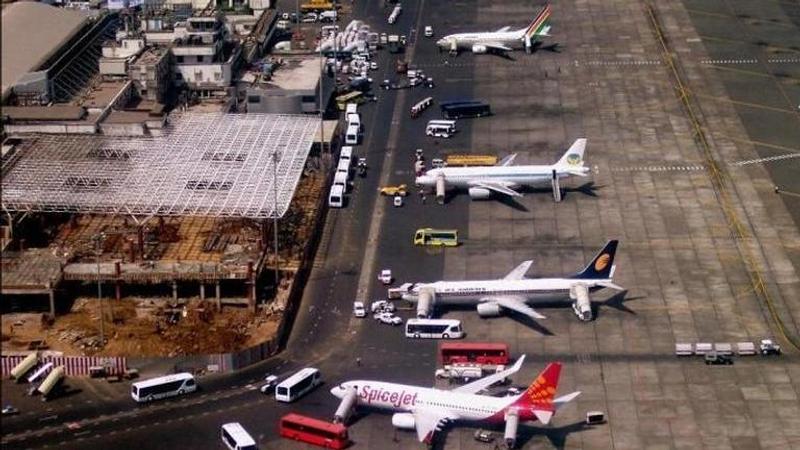Published 19:31 IST, June 1st 2019
Air force removes airspace restrictions; airlines unlikely to benefit unless Pakistan reciprocates
Among Indian airlines, the international operations of Air India and IndiGo have been affected by the closure of Pakistan airspace since February 27.

While the Indian Air Force announced Friday that all temporary restrictions imposed on Indian airspace after the Balakot air strikes have been removed, it is unlikely to benefit any commercial airlines unless Pakistan reciprocates and opens its airspace too.
Among Indian airlines, the international operations of Air India and IndiGo have been affected by the closure of Pakistan airspace since February 27.
IndiGo, India's largest airline by share in domestic passenger market, has been unable to start direct flights from Delhi to Istanbul. While the low-cost carrier started the Delhi-Istanbul flight in March this year, the flight has to take the longer route every time through Arabian Sea and take a stop at either Doha in Qatar or Ahmedabad in Gujarat for refuelling.
Similarly, full-service carrier Air India is unable to fly non-stop flights from Delhi to the US since the closure of Pakistani airspace.
The Delhi-US flights of the national carrier have to stop at Sharjah for refuelling and have to operate with two sets of pilots so as to not violate the time restriction rules of Indian aviation regulator DGCA.
As a result of the ban, foreign carriers using Indian airspace have also been forced to take costly detours because they cannot fly over Pakistan.
The closure mainly affects flights from Europe to Southeast Asia. The flights from Europe and the US flying in and out of New Delhi have been the worst hit.
Since Pakistan's airspace closure, the airfare on many routes have gone up significantly, including Delhi-Kabul, Delhi-Moscow, Delhi-Tehran and Delhi-Astana.
An Afghanistan government official told Civil Aviation Secretary P.S. Kharola on April 3, at a public event in New Delhi, that the ticket price on Delhi-Kabul route and Kabul-Delhi route, which is usually around USD 300, has increased to around USD 700.
The Afghan official said two Indian airline companies, Air India and SpiceJet, have already stopped their Delhi-Kabul flights due to Pakistan airspace closure.
On Friday evening the Indian Air Force tweeted, "Temporary restrictions on all air routes in the Indian airspace, imposed by the Indian Air Force on 27 Feb 19, have been removed."
A senior Pakistani government official indicated Saturday Pakistan is likely to lift the airspace ban along its eastern border with India in reciprocation to the country's decision to remove all the temporary restrictions on all air routes in the Indian airspace.
Earlier this week, Pakistan civil aviation authorities had extended the closure of its airspace till June 14.
Pakistan had fully closed its airspace on February 27 after an Indian Air Force strike on a Jaish-e-Mohammed terror camp in Balakot. Pakistan opened its airspace for all flights except for New Delhi, Bangkok and Kuala Lumpur on March 27.
Pakistan had given a special permission to India for then External Affairs Minister Sushma Swaraj to fly directly through Pakistani airspace to attend the SCO meet in Bishkek, Kyrgyzstan, on May 21. However, the airspace for other commercial airliners remains closed.
Updated 19:39 IST, June 1st 2019




